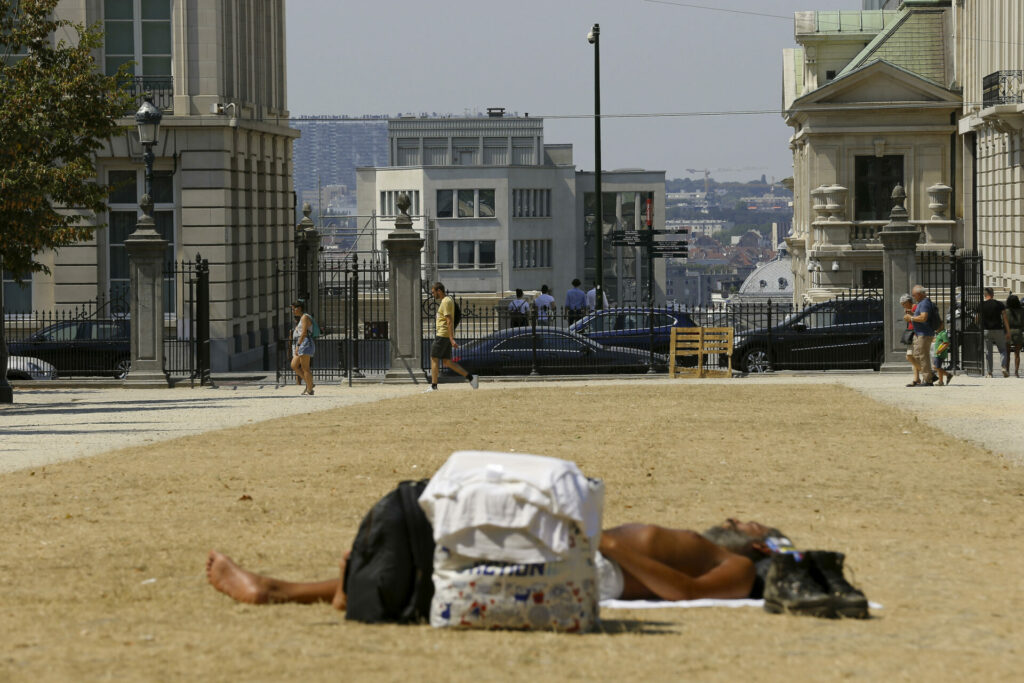Greater action is needed now to avert more disastrous heatwaves as a result of climate crisis, warn the UN humanitarian affairs agency (OCHA) and the International Federation of the Red Cross in a joint report.
Urbanisation and an ageing population make the number of potential victims even greater. According to the report, heat waves are already the deadliest weather phenomenon, killing thousands every year. The report warns of a future with deadlier, more frequent, and more intense heat-related emergencies.
In response, better preparations are needed for future heat waves: "Based on current evolution, heat waves in the next few decades will exceed current physiological and social limits," the report stated. “This will lead to large-scale human suffering and death. Migration and inequality will also increase.”
It also highlighted the fact that heatwaves contribute to inequality due to isolated and marginalised people being hit the hardest in times of intense heat and drought. Entire regions will become uninhabitable in the coming decades due to heat waves that will be more frequent and intense due to climate change.
Urgent international investment
By the end of this century, heat waves will kill as many people as all cancers combined, the researchers said. Heat is a “silent killer”, posing enormous challenges to society. The UN and the Red Cross are calling for urgent investment in measures to mitigate the impact of climate change and support the most vulnerable populations.
“Nowhere is the impact more brutally felt than in countries already reeling from hunger, conflict and poverty,” added Martin Griffiths, UN Humanitarian Affairs and Emergency Relief Coordinator.
Related News
- Global warming poses imminent and ‘extreme’ risk to 71% of agriculture
- Current drought appears to be the worst in Europe in at least 500 years, EU experts warn
The warning comes less than a month before the COP27 climate summit in Egypt. "At COP27, we will urge world leaders to ensure that this investment reaches local communities that are on the frontline of the climate crisis," said IFRC Secretary General Jagan Chapagain.

